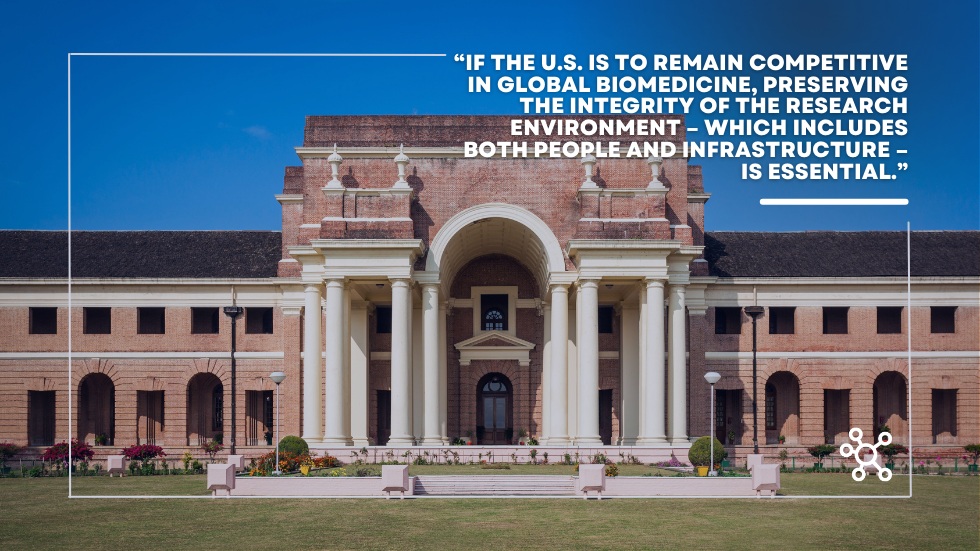Author: Cliff Mintz
There was an interesting article in Science Careers Magazine this week entitled “Should you consider another degree after your PhD.” The article traces the journey of several people who earned PhD degrees in science-related fields who transitioned into new careers including law, regulatory affairs, business development and science writing.
The gist of the article is that if you can afford the costs of earning another degree, it may be worth it for persons with PhD degrees who want to get “out of the lab.” However, based on my own experiences and those of the persons mentioned in the article, most graduate students and postdocs lack the financial resources to enroll in professional degree or certificate programs after completing their PhD programs. Consequently, most of the people showcased in the article were able to leverage unpaid internships and volunteer work into new jobs that paid for additional training or professional degree programs.
I have long posited that obtaining another degree after a PhD degree may not be in the best interest of PhD degree holders for a variety of reasons. First, as mentioned above, the financial obligations of a degree or certificate program may be too onerous or unrealistic for graduate students who worked for minimum wage for many years to obtain their PhD degrees; the funds simply are not available. Second, by the time a PhD degree is awarded and postdoctoral training is completed, most science PhD degree holders are in their mid 30s to early 40s and in many cases, have families, which may not be conducive to going back to school full time. Also, who wants to be a student for most of their adult lives? Finally, the mere exhaustion and stress associated with spending close to 10 years in a laboratory may discourage even the most ambitious individuals from pursuing another degree or certificate. Put simply, there may not be “enough gas left in the tank” to obtain another degree in the hopes of possibly changing a career trajectory.
More thoughts about another degree after a PhD:
Based on my experience as an instructor in a program offered to PhD students and postdocs who had already decided that a research career was not for them, internships, volunteer work and an unrelenting pursuit of an alternate career is probably the best way to navigate a career change. What I observed about all of the students in this program (over 70% of them obtained non-research jobs after completing their PhD degrees with no postdoctoral training) was that they were highly motivated and did whatever was necessary to network and leverage the resources offered to them by the program (which included mixers, invitations to professional meetings, and guest speakers outside of the research world including pharmaceutical executives, venture capitalist, medical writers and clinical study managers) to get “where they wanted to go”.
For example, one student, who was interested in regulatory affairs, went to the dean of her medical school to get the funds necessary to go to a national regulatory affairs meeting rather than attending an annual society meeting to present her research findings. Today, she is a director of regulatory affairs at a major biotechnology company. Another student wrote reviews for an online financial services company regarding the technology behind various private and publicly traded biotechnology companies as a graduate student, now works for a financial service company as an analyst. Finally, another student who was interested in technology transfer was able to leverage an unpaid internship in his university’s technology transfer office into a full time job (he is now a director of the office).
The bottom line about another degree:
While obtaining another degree or certificate may better position you for a possible career change, it may not be emotionally or financially possible or likely. That said, rather than fantasizing about what may have been if you simply chose law or medicine or business over a graduate career in science, you best shot at changing the direction of your career may be to identify alternative career options and obtaining the necessary skill sets, qualifications and real life experience to make it a reality, Once you have identified those things, the next step is to devise a financially-viable plan to obtain them and then spend the majority of your waking hours successfully implementing the plan. It won’t be easy but as the old adage goes “if there is a will then there is a way.”





